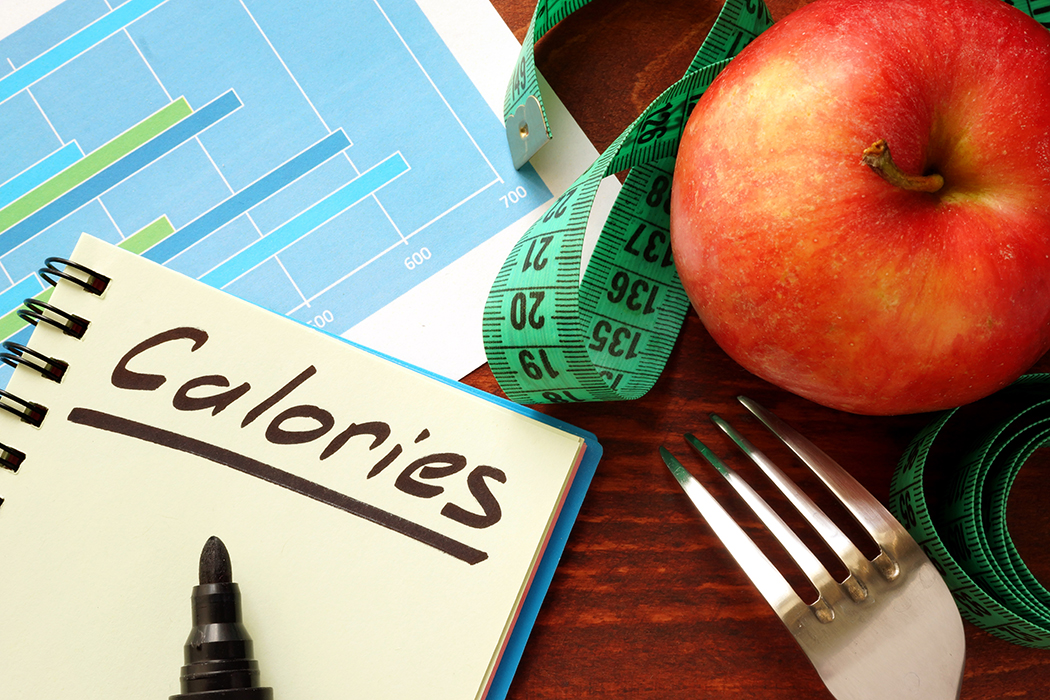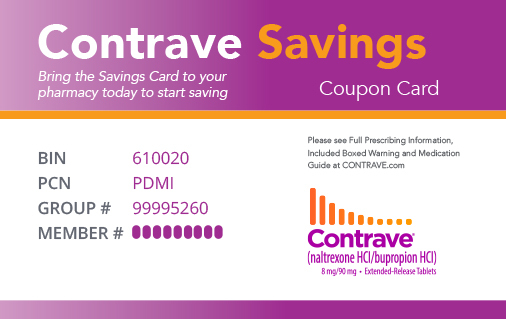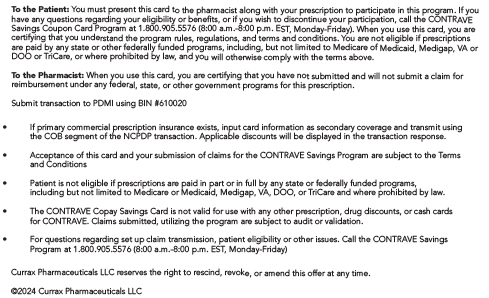Lifestyle Changes to Help Lower Cholesterol
If you’re trying to live a healthier lifestyle, lowering cholesterol may be one of your goals. If your cholesterol—particularly a type of cholesterol called LDL cholesterol— is too high, you could put yourself at risk of developing a wide variety of health issues. By keeping your cholesterol levels low, on the other hand, you can reduce your chances of developing chronic health conditions. If you are wondering how to reduce cholesterol, keep reading. Learn what cholesterol is, why managing cholesterol is important, and how to reduce cholesterol if recommended by your doctor.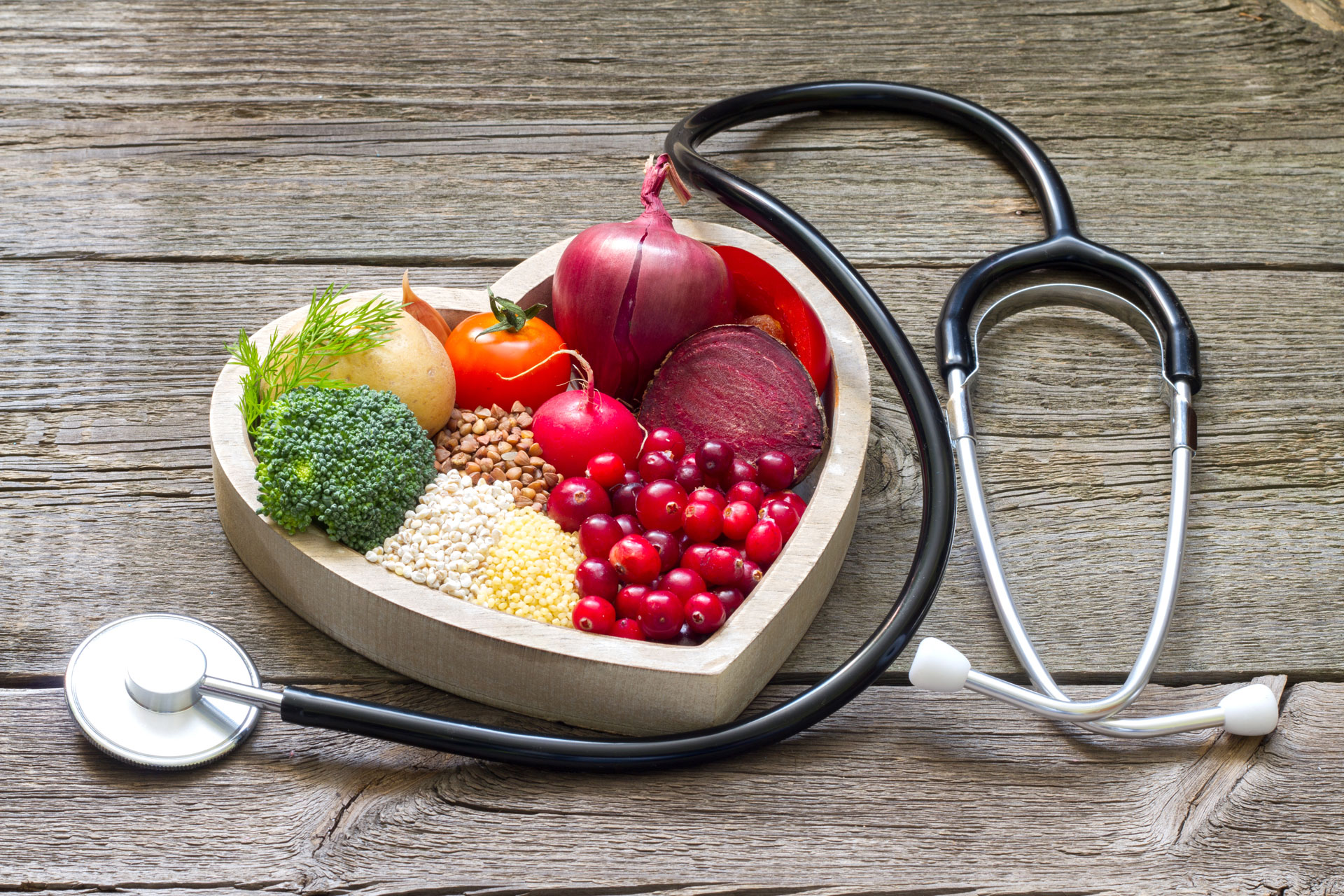
- What Is Cholesterol?
- Risks of High Cholesterol
- How to Help Lower Cholesterol
- What Foods Can Lower Cholesterol?
- Final Notes
What Is Cholesterol?
Cholesterol is not a dietary villain, but an essential nutrient your body requires to function properly. Unfortunately, too much can be bad—the nutrient can accrue in your arteries and harden. An accumulation of cholesterol in the blood vessels can make the arteries stiffer and cause arterial walls to narrow, which, in turn, raises blood pressure. High cholesterol levels can also put you at a higher risk of developing blood clots, which occur when cholesterol plaque within the arteries ruptures and leads to a blockage.
There are different forms of cholesterol. One type of cholesterol is called low-density lipoprotein (LDL) cholesterol, also known as “bad” cholesterol. If your LDL cholesterol level is too high, it could increase your risk of developing coronary artery disease. This is why many people are interested in how to lower LDL cholesterol.
The other type of cholesterol is called high-density lipoprotein (HDL) cholesterol. Known as “good” cholesterol, it carries other forms of cholesterol back to your liver where it can be removed. Therefore, if you are looking for a diet to help lower cholesterol, you will most likely be focusing (with the help of your doctor) on lowering LDL cholesterol levels and increasing HDL cholesterol levels.
Risks of High Cholesterol
There are several significant risks that can accompany high cholesterol levels. Some of the risks of high cholesterol include:
- Coronary heart disease: If your cholesterol levels are too high, you can increase your risk of developing coronary heart disease. By maintaining a low level of cholesterol, you can reduce the risk of developing coronary heart disease.
- Heart attacks: Your heart requires a steady supply of oxygen and nutrients to function properly. If the cholesterol plaque that accumulates in your blood vessels ruptures and leads to a clot, you could potentially suffer a heart attack. This is a medical emergency.
- Stroke: Similarly, high levels of cholesterol can also cause clots to form in blood vessels in your brain—known as a stroke. This is also a medical emergency.
- Increased blood pressure: Even if your blood vessels do not clog entirely, elevated levels of cholesterol can still increase blood pressure. High blood pressure can leave you at risk for complications, including the ones listed above.
These are just a few of the many risks of living with high levels of cholesterol. Help lower these risks by learning how to reduce your cholesterol levels.
How to Help Lower Cholesterol
Wondering how to lower LDL (“bad”) cholesterol? You can take steps to help lower your cholesterol by making changes in your lifestyle, including adjusting your diet and exercise routine. Try out some of these tips:
Follow a low cholesterol diet
If you are working with a doctor to reduce your cholesterol levels, they will probably recommend you follow a low cholesterol diet. There are plenty of foods that fall into this category, so you don’t need to worry about restricting your diet too much. There are some simple guidelines you can follow:
- Try to consume unsaturated fats instead of saturated fats. Unsaturated fats could help you lower your cholesterol levels. Primarily found in plants, unsaturated fats include olive oil, avocado, and olives.
- Consider the Mediterranean diet. Eating a Mediterranean diet focused on whole grains, fruits, and vegetables can help you reduce your levels of LDL cholesterol and increase your levels of HDL cholesterol.
- Eat more fruits and vegetables. A diet that includes a lot of fruits and vegetables can help you manage your cholesterol levels and maintain a balanced overall diet.
Load up on fiber
Fiber is also a great way to help reduce cholesterol levels. Fiber can be found in a variety of plants, including fresh fruits and vegetables, so there are plenty of foods that can help you increase your soluble fiber. Try incorporating oats, beans, lentils, fresh fruits, flaxseed, and leafy vegetables. You can also talk to your doctor to see if fiber supplements could be right for you.
Exercise regularly
You have probably heard that exercise is a great way for you to lose weight, but did you know it can also help you keep your cholesterol levels low? Regular exercise is critical for keeping your levels of cholesterol and triglycerides in check. You do not necessarily have to run a marathon every day to achieve this—even 30 minutes of exercise a few times per week can help.

If you’re warming back up to exercise it’s okay to start slow—try walking around the neighborhood for a half hour. As you get in better shape, you can slowly increase the intensity of your exercise for even more benefits. Remember to talk to your doctor before starting or modifying your exercise regime.
Minimize stress
Stress has also been shown to have an impact on your cholesterol levels. If you take steps to better manage your stress, you may be able to keep your cholesterol levels in check as well. There are plenty of ways to help you reduce your stress levels, such as:
- Getting between seven and nine hours of sleep every night
- Exercising regularly to alleviate stress
- Practicing meditation or yoga
- Seeing a therapist who can help you address any mental health issues
If you find a healthy way to manage your stress, you may find you have an easier time keeping your cholesterol levels under control. Speak with a doctor if you need help managing your stress or finding a therapist.
Stop smoking
Smoking can dramatically increase your risk of a number of dangerous conditions, including lung cancer. But did you know if you stop smoking, you can also reduce your cholesterol levels? It can be a significant challenge to stop smoking—reach out to a doctor to learn more about the options available. There are gums, patches, and even mobile apps that can help you stop smoking.
What Foods Can Lower Cholesterol?
There are plenty of foods that may help you lower cholesterol. Try eating a wide variety of the below foods for a well-balanced diet. Some of the foods that could help you reduce your cholesterol levels include:
- Oats and whole-grain cereals
- Avocados
- Certain vegetable oils such as olive or sunflower oil
- Fish high in omega-3 fatty acids such as salmon or sardines
- Fresh fruit including apples and grapes
- Nuts such as almonds, cashews, and walnuts
If you are looking to put together a comprehensive diet plan that can help you lower cholesterol, you may want to talk to your doctor about the DASH diet and/or the Mediterranean diet. These are two of the most popular diets for people looking to reduce their cholesterol levels.
Final Notes
If you are looking for a way to reduce your cholesterol levels, it is important for you to focus on your diet and lifestyle. High levels of LDL cholesterol can negatively impact your health and increase your risk of potentially serious medical conditions. We hope this knowledge empowers you to take your health into your own hands. It’s possible for you can make the changes necessary to lower your cholesterol levels and live a healthier life!
Related Resources
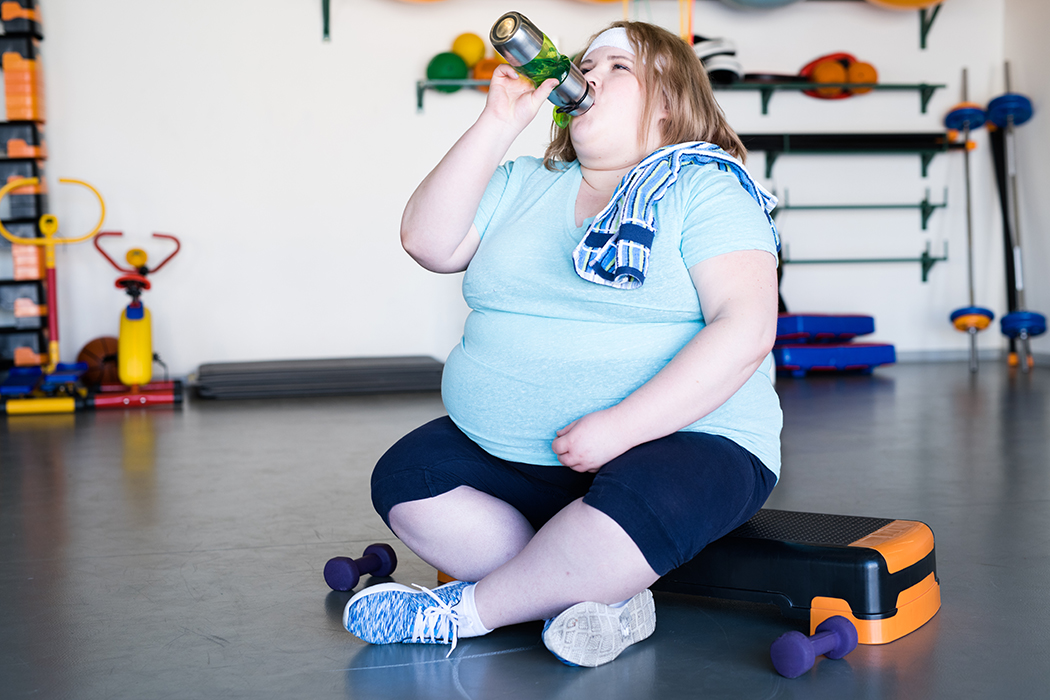
How Much Water Should You Drink a Day?
View
Health Benefits of Exercise for Weight Loss
View
Exercising to Lose Weight: Best Weight Loss Exercises
ViewLatest Resources
Ask your healthcare provider about CONTRAVE
Get help starting the conversation.
The CONTRAVE Chronicles Blog
Get recipes, workouts, success stories, and healthy lifestyle tips.
Just getting started with CONTRAVE?
See what you can expect.


